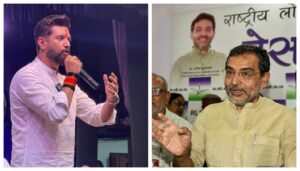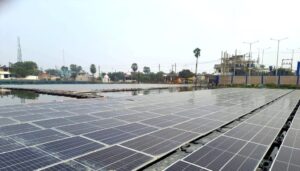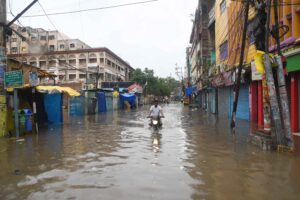Workshop Held in Purnia on Climate Resilient and Low Carbon Development Pathway for Bihar
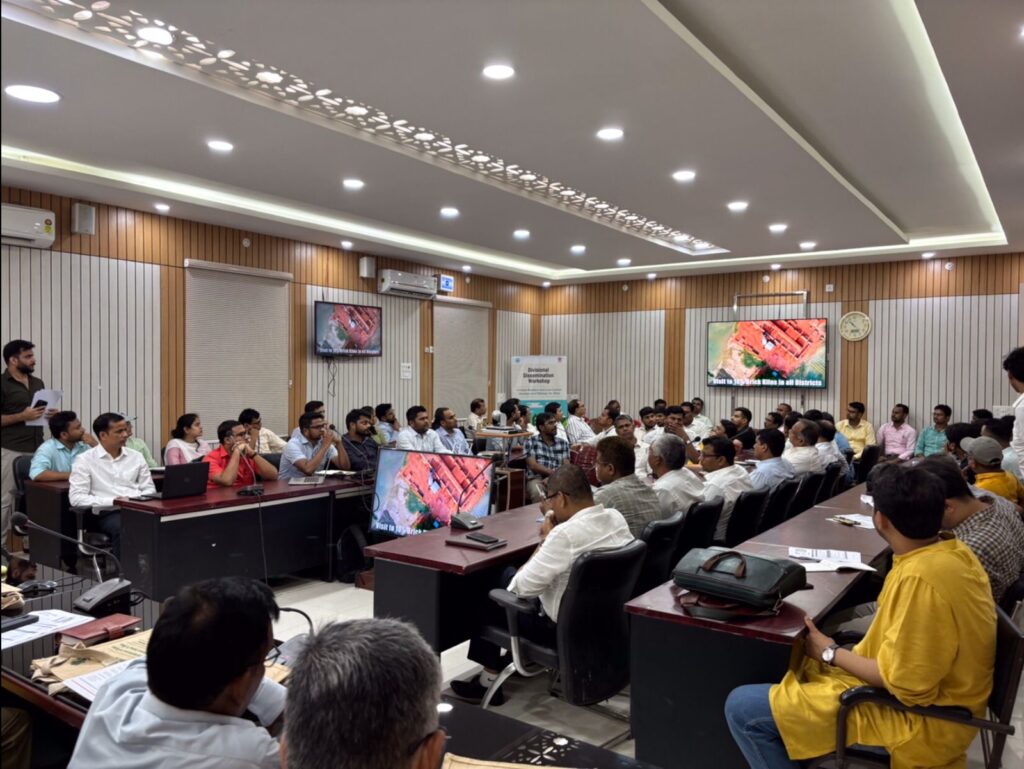
Chirag Gupta
Purnia: A workshop under the ‘Climate Resilient and Low Carbon Development Pathway for Bihar’ project took place on Thursday, in the auditorium of Purnia Collectorate.
The event, chaired by Additional Collector Rajkumar Gupta, focused on making Bihar a carbon-neutral state. Gupta emphasized the visible impacts of climate change in north Bihar, such as winter fog and extreme summer heat, urging collective efforts to make Bihar the first net zero state in the country.
Dr. Shashidhar Kumar Jha and Mani Bhushan Kumar Jha, Program Managers of WRI India, provided detailed information about the workshop. Mani Bhushan highlighted the increased risks due to climate change in Bihar and the need for mitigation and adaptation strategies in sectors like energy, transport, waste, buildings, industry, agriculture, forests, disaster management, water, and human health. He stressed the workshop’s goal to raise awareness among local stakeholders about implementing these strategies, identifying challenges, and discussing solutions. The state-level climate conclave, where Bihar’s Chief Minister released this strategy, took place on March 4.
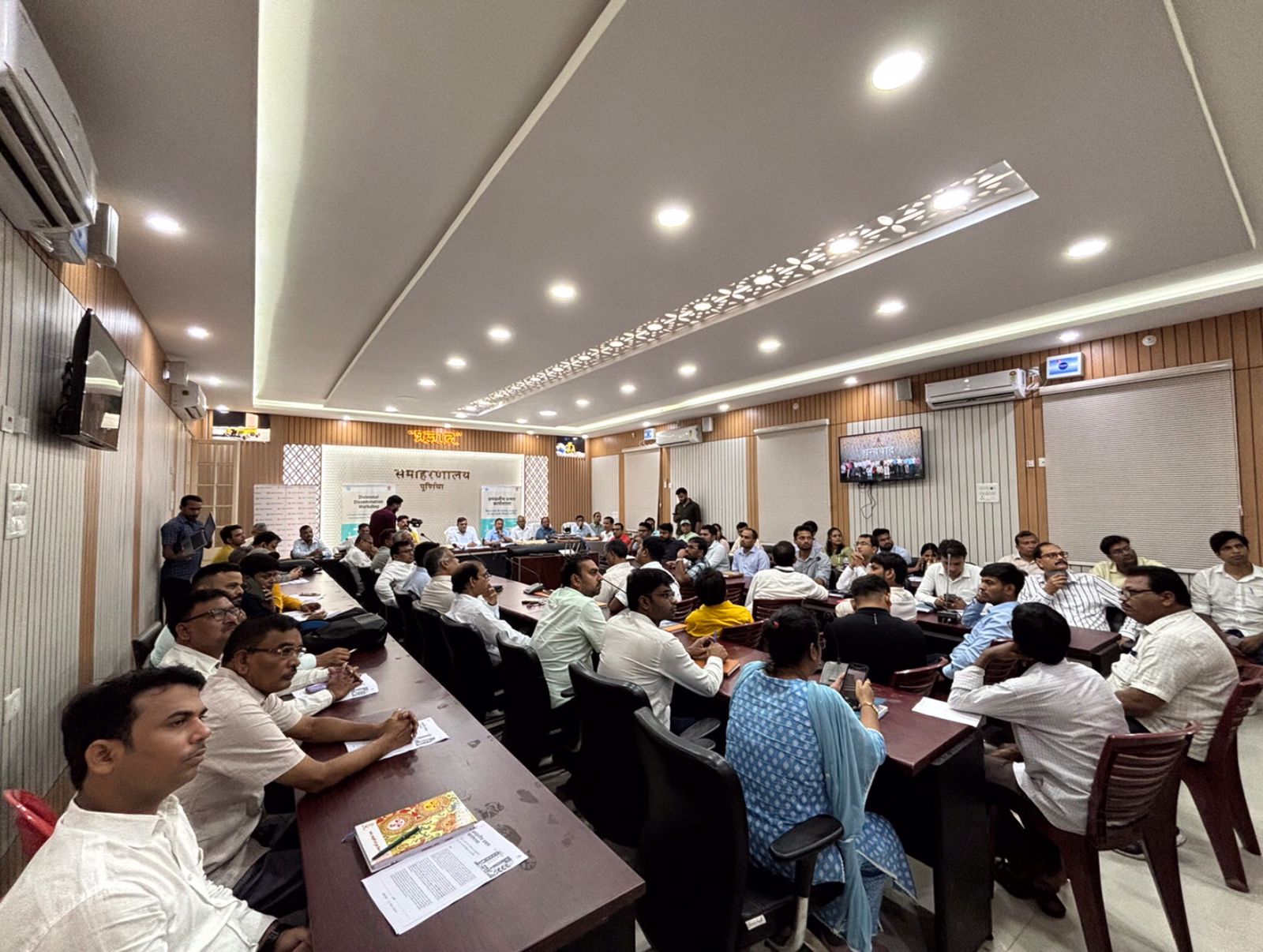
Dr. Shashidhar claimed that by 2030, Purnia’s maximum temperature could rise by 0.5 to 1 degree Celsius, with potential delays in monsoon and reduced winter rainfall. He recommended measures such as crop diversification, integrated water management, forest conservation, private sector involvement, and livelihood protection during disasters to adapt to these changes.
Dr. Radheshyam from Bhola Paswan Shastri Agricultural College emphasized the need for crop pattern changes due to monsoon delays. He noted the success of millet crops in Purnia, particularly foxtail millet, and advocated for increased local cultivation, citing that 90% of millet consumption in Purnia comes from Ranchi. He highlighted the necessity of measures like changing crop patterns to combat the growth challenges posed by delayed monsoons.
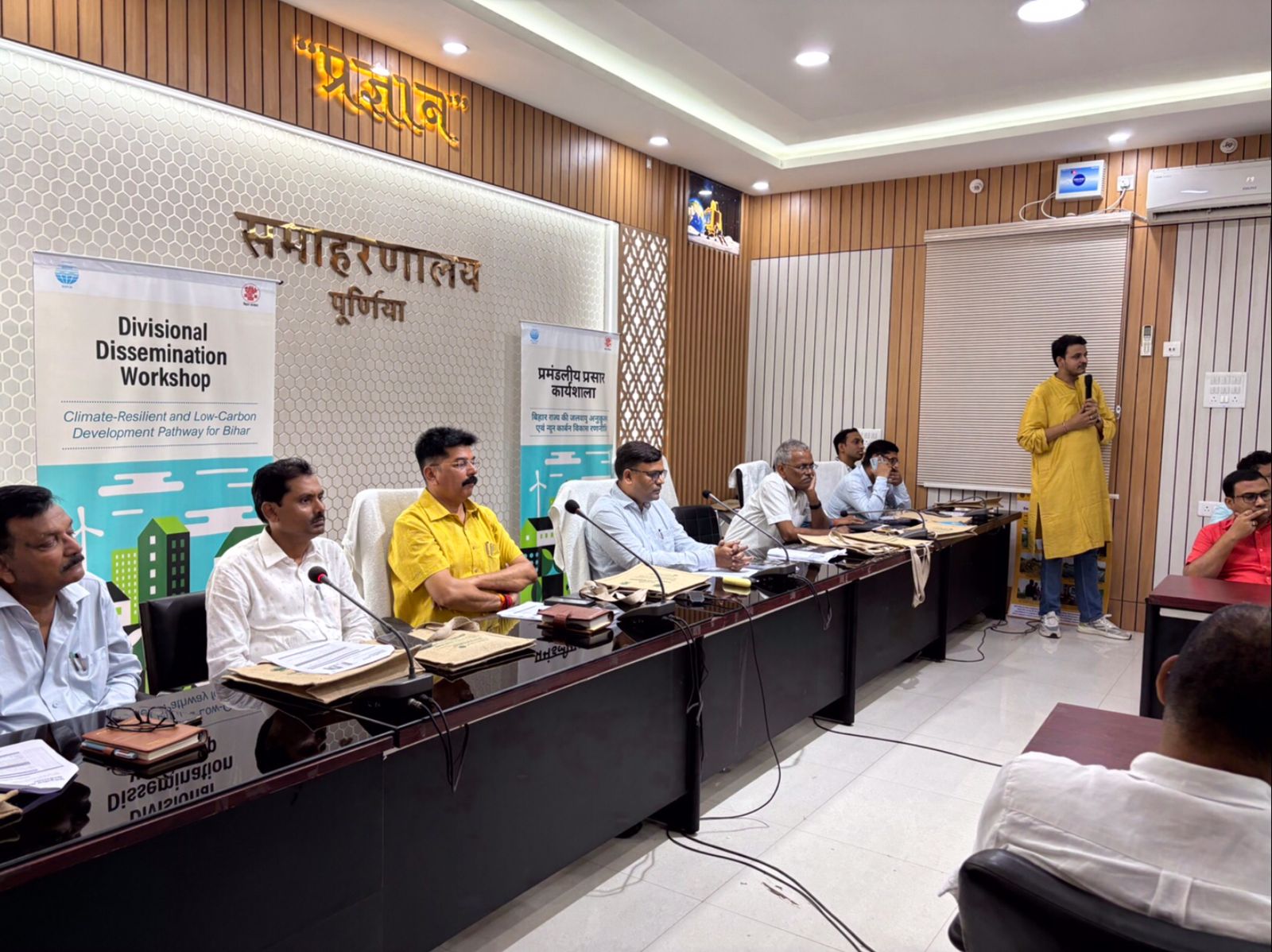
The workshop included input from various officials and stakeholders who discussed issues like seed replacement, sand mining, tree plantation, rainwater harvesting, and vehicle scrap centers. Similar workshops are being organized in all nine divisions of Bihar, with the next session scheduled in Saharsa on on Friday.

